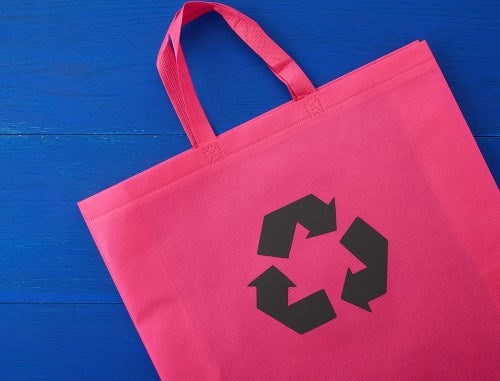
Chinese manufacturer Yibin Grace has created a new testing line for a viscose fiber made with 50% recycled textiles and hopes to reach a 50% blend for the market by the end of 2023.
The new material is made with Circulose pulp, which is created using 100% recycled textiles and is described as the highest recycled textile content of any viscose staple fibre created by Yibin Grace to date.
The 50% Circulose blend is said to release five tonnes less of carbon per tonne of fibre produced than conventional fibres. It also uses 90% less water to produce than standard fibres.
Working with textile-to-textile recycling company Renewcell and environmental initiative CanopyStyle, Yibin Grace wants to help lower the environmental impact of viscose and meet China’s climate targets. Yibin Grace has set its own target of making fashion a closed-loop sector.
The organisation has previously collaborated with trading company Ekman and Renewcell on recycled cellulose filament yarn, made using 30% recycled textile pulp, blended with 70% FSC-certified fibre.
Yibin Grace’s chairman Deng Min says: “We are so pleased to deepen our collaboration with Renewcell, and to be creating a versatile staple fibre with high recycled content that will help safeguard ancient and endangered forests. Yibin Grace is committed to working with Canopy and innovators like Renewcell to ensure our product is as climate-friendly as possible.”
Renewcell’s CEO Patrik Lundstrom adds: “We believe that the increase in uptake of Circulose pulp to create viscose products will alleviate pressure on vital forests and our climate and solve the world’s textile waste problem in the process. We welcome Yibin Grace’s investment in creating more circular viscose and we look forward to our continued collaboration.”
 TEXTILES.ORG
TEXTILES.ORG 


